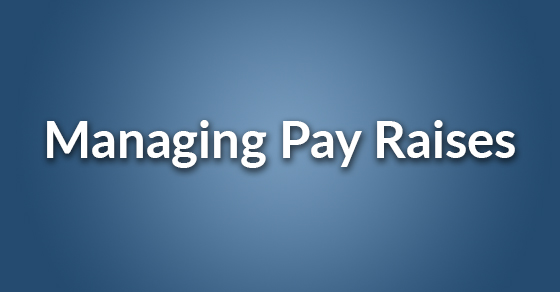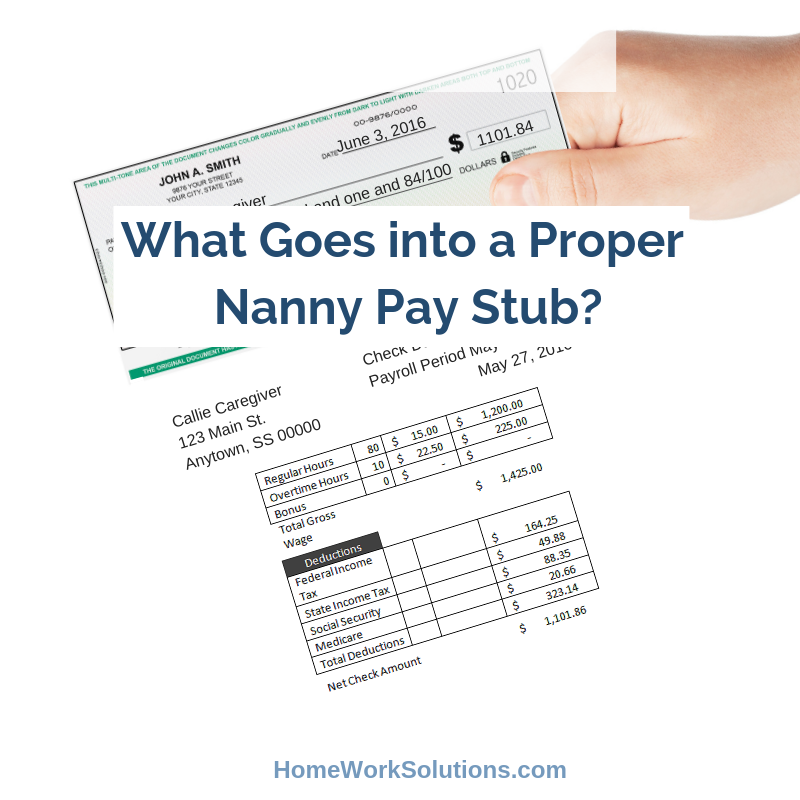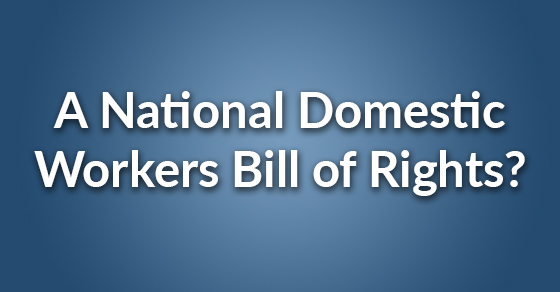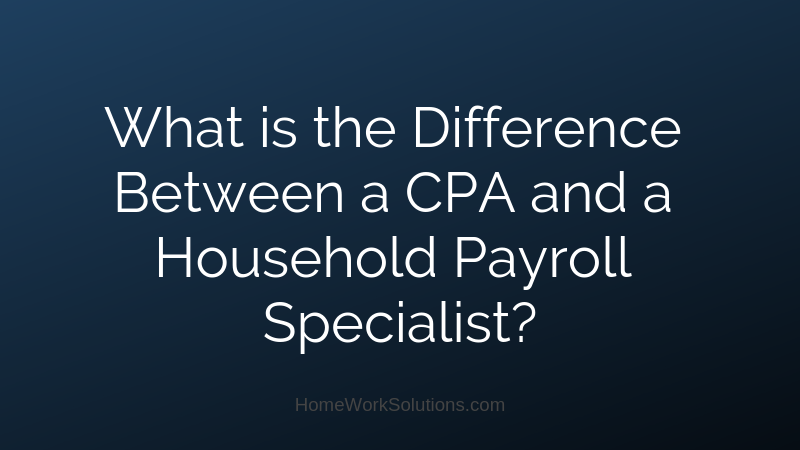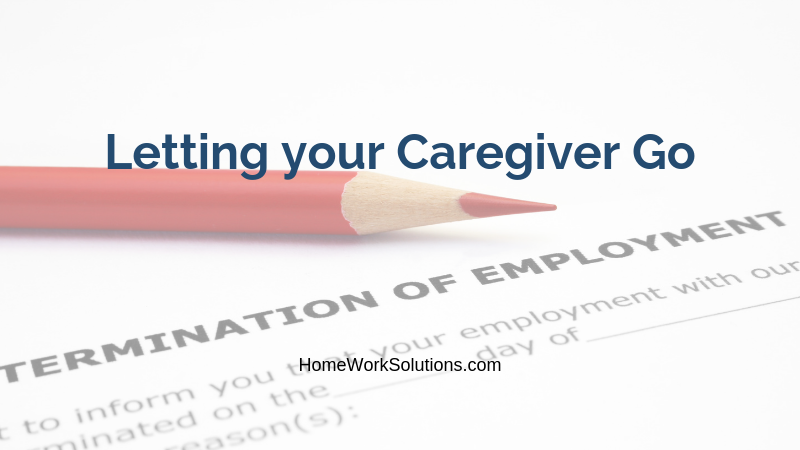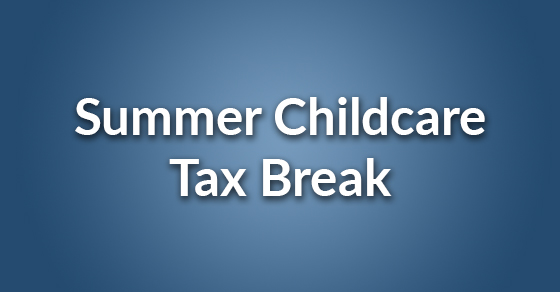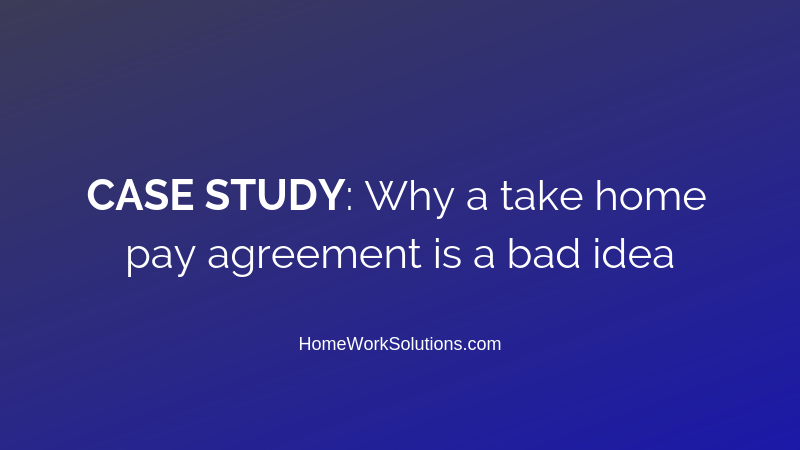Managing compensation can be complicated. Employers want to make sure their employees are happy but also want to keep their payroll costs in check. Factors like employee performance, peer wages, and market value all come into play. This article gives you some tips on how to deal with this challenge.
Read More
Topics:
agency,
CPA
You’ve found a nanny, negotiated wages, and she has started work in your home. Now comes the tricky part of figuring out her payroll tax deductions and issuing the pay stub. If you have never done this before, it can be challenging. Here are some of the main details that need to be remembered when it comes time to pay your nanny.
Read More
Topics:
nanny,
agency,
senior,
CPA
Most companies have gotten comfortable having Millennials in their ranks, which is good because it’s time to start getting acquainted with Generation Z! This group is generally thought of to be born at the end of the 90’s forward, making the eldest of which in their early twenties.
Read More
Topics:
agency,
CPA
The U.S. Congress has once again brought up the idea of a national domestic workers’ bill of rights. The concept was briefly discussed in the fall of 2018 but has been renewed with additional enthusiasm. Basically, a national domestic workers’ bill of rights would lay out federal law concerning the treatment and rights of domestic workers (nannies, caregivers, housekeepers, etc.). A similar idea to the Fair Labor Standards Act, this law would focus specifically on domestic workers.
Read More
Topics:
nanny,
agency,
senior,
CPA
Sometimes managing money and paying taxes can get confusing. That’s why bringing in a professional to help answer questions and take care of the details is important. We recently had a nanny call and ask us what the difference was between a CPA (Certified Public Accountant) and a Household Payroll Specialist. Here, we will go over some of the primary differences.
Read More
Topics:
nanny,
agency,
senior
With unemployment at an historic low, employers are finding more difficulty filling open positions. One way to attract top talent is to offer a signing bonus. This strategy can help employers stand out when competing for the top talent, or luring them away from another company. Many companies are finding that signing bonuses are a worthwhile investment.
Read More
Topics:
agency,
CPA
Hiring the right caregiver for your loved one is a personal, delicate process and even when you think you’ve found the right person, there are a lot of different reasons why it might not work out in the long run. Whether it’s simply not the right match, rules have been violated, or schedules are not aligning properly to make the job work, making the decision to take action and fire a caregiver usually isn’t an easy one. Here are some tips on letting your caregiver go.
Read More
Topics:
nanny,
agency,
senior,
CPA
Interviews can be difficult for some people. Maybe it’s because of nerves, or simply because the potential nanny doesn’t have a lot of experience with the interview process. It’s a fact that sometimes the interview just simply doesn’t go well. This case study looks at a common issue: how to help a nanny interview well and secure a position.
Read More
Topics:
agency
With schools out for the summer, parents across the country are setting up other means of childcare. Some parents opt for day camp, others for a nanny or day care center, in most cases though the cost of these options counts towards the Childcare Tax Credit.
Read More
Topics:
agency,
CPA
Background
A client in Texas , Jane, hired a home care worker to help her mother around the house, an important hire to help her mom live safely and independently at home. Jane’s mother lives alone and has recently had to give up her driver’s license due to health issues. She needs someone to help her get out to meet her friends, get to doctor appointments and help with groceries and errands. She also has some housekeeping areas she can no longer safely do herself.
Read More
Topics:
nanny,
agency,
senior,
CPA

